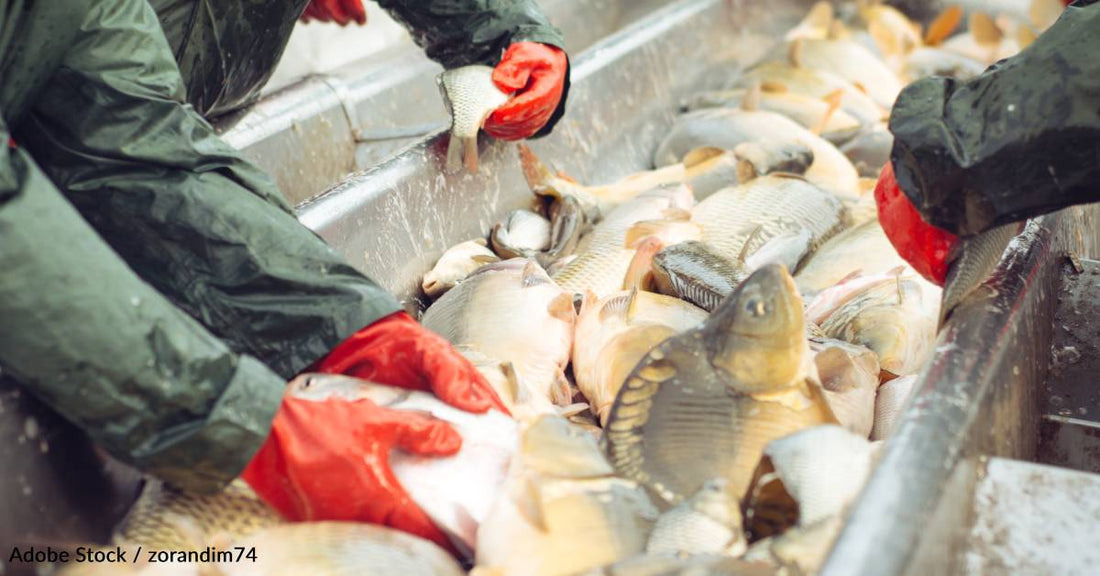Experts Say Fishery Sustainability Practices Need to Be Stronger
Michelle Milliken
Fish across the globe are struggling, with recent research finding that 81% of migratory freshwater species are in decline and roughly 1 in 8 marine fish species are at risk of extinction. This comes as another study also shone light this year on underregulation in most EU Marine Protected Areas. A new study, meanwhile, lays out an 11-point plan for fisheries that may help species recover while ensuring future generations are fed.
Research recently published in Nature’s journal NPJ Ocean Sustainability examined how fisheries can work to ensure global environment and ocean protection targets are met, as many countries are currently falling short. The authors argue that fisheries need to take a different approach to “sustainability”, as the current definition is not focused enough on global biodiversity breakdown and climate change. Environmental, human, and development factors should play a role, too, they say.

Callum Roberts, lead author and professor at the University of Exeter, explains, “The current concept of ‘sustainable fishing’, adopted by governments and private actors since the post-war period is scientifically obsolete. It relies on a simplistic, productivist theory which assumes that as long as global catch volumes remain below a set limit, anyone can fish just about anything, anywhere, with any method.”
To update sustainability standards, Roberts and his team have lined out 11 actions that can be adopted by policymakers, retailers, and the fishing industry. They center around two main principles. One is that fisheries need to limit environmental harm, allow for the regeneration of marine life and habitats, and adapt to climate change. The second is that fisheries need to support and enhance the health, wellbeing, and resilience of people and communities, not just corporations.

Under that umbrella, the 11 proposed actions are:
- Fish less and manage fisheries for lower impact.
- Rule out gears and fisheries that cause significant damage.
- Set limits on the size of boats and gears.
- Source only from fisheries with good governance, sustainable stocks, and sufficient data.
- Proactively incorporate ecosystem protection into fisheries management.
- Place the most vulnerable species and areas off limits.
- End fisheries that abuse human rights, health, and wellbeing.
- Fairly and transparently distribute access and benefits.
- Apply good practices wherever fishing companies operate.
- End the flow of harmful subsidies to fisheries.
- Apply zero tolerance to companies that engage in illegal fishing.
Daniel Pauly, study co-author and professor at the University of British Columbia, says, “Our work advocates for fisheries that preserve ocean ecosystems’ vital functions, mitigate climate change, guarantee food security and respect human rights.”

The authors say that following these guidelines will help people and nature, while closing the gap on important global environment targets.
If you’d like to do your own part to help our oceans, click here!

